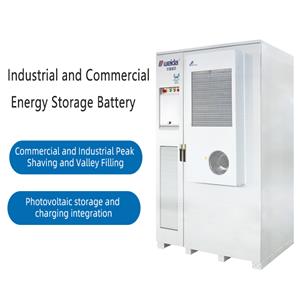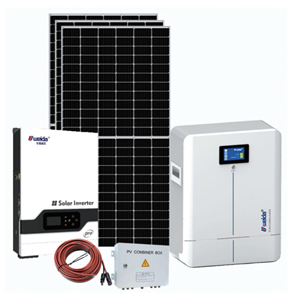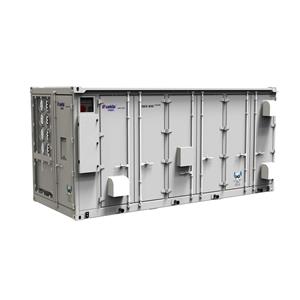How to choose the best home battery backup?
In an increasingly internet-enabled and electrified world, power outages can disrupt our daily lives, causing inconvenience and potential danger. Whether it's a severe storm or a sudden power outage, it can leave us vulnerable and helpless.
As storms continue to increase in intensity and more and more people are left stranded without lights, air conditioning, or internet, battery backup power becomes increasingly important and popular.
While you may only want to power your most important devices in the event of a power outage, you may also want to comfortably back up your entire home. In this article, we'll explain which batteries offer the best solution for backing up your entire home.
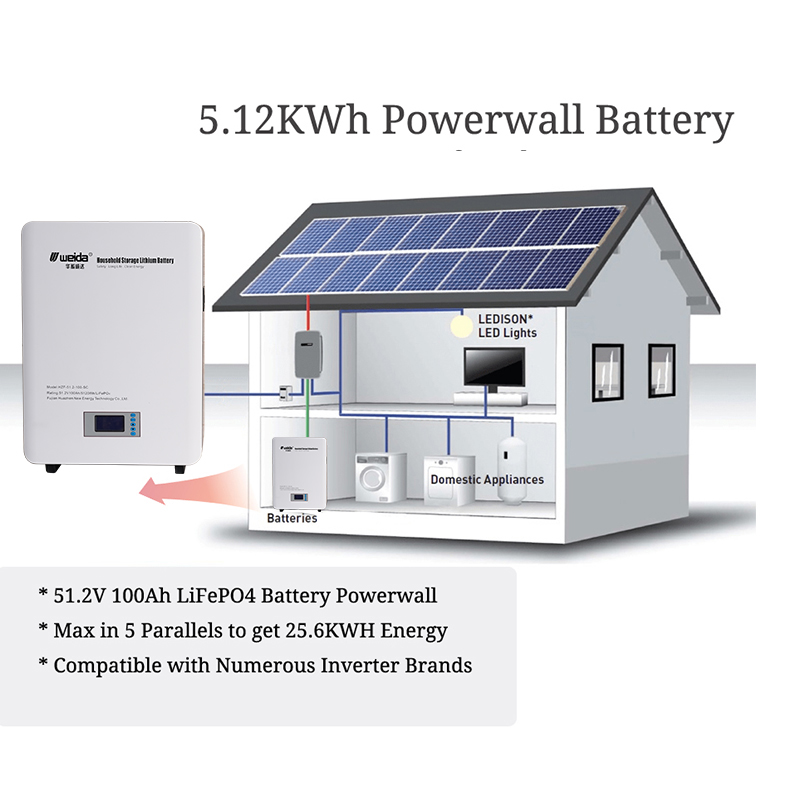
What is a home backup battery?
A home backup battery is a battery that can provide power to your home. These batteries are typically used in the event of a blackout or other power interruption.
What are the main types of home backup batteries:
Lead-acid batteries
Lead-acid batteries utilize the same technology that has been used for decades in most car batteries and are a common choice for home energy storage. While cost-effective, they have a low energy density and their efficiency is usually moderate at best.
Lithium-ion batteries
Lithium-ion batteries run their charging and discharging principles similar to conventional rechargeable batteries. They are lightweight, energy efficient, and a popular choice for homeowners. There are many popular lithium-ion batteries for home use....
Energy Storage Battery: An energy storage battery is a battery that can provide power to all appliances and devices in the home. Storage batteries usually have a large capacity and can power a home for several days.
The choice of a home backup battery needs to be based on the specific needs of the home. If there are more appliances and devices in the home, you will need to choose a battery with a larger capacity. If the home needs to be powered for a longer period of time, you need to choose a battery with a longer cycle life.
Here are some suggestions for choosing a backup battery for your home:
Determine the home's power needs. Begin by determining the power of the appliances and equipment in the home and how long they will need to be powered.
Select the right capacity and power. The capacity and power should meet the household's power needs.
Consider the cycle life. The longer the cycle life, the longer the battery can be used.
Choose a safe battery. Batteries should be protected against overcharging, over-discharging and short-circuiting.
A home battery backup can provide power security to help families cope with power outages or other power interruptions.
Home battery backup can provide the following benefits to the home:
Safeguard the home's power supply in the event of a power outage.
Prevent data loss in the event of a power outage.
Ensure that families can live normally during a power outage.
Increase the security of the home.
The following factors need to be considered when choosing a home battery backup:
CAPACITY: Before setting up a battery backup system, it is important to assess your energy needs and choose a battery with the right capacity. Capacity is the amount of electrical energy a battery can store. The higher the capacity, the more power the battery can provide. You need to choose the right capacity based on the power of the appliances and devices in your home.
Power: Power is the amount of electricity the battery outputs. The higher the power, the longer the battery can power appliances and devices. You need to choose the right power according to the power of appliances and devices in your home.
Cycle Life: Cycle life is the number of times a battery can be charged and discharged while maintaining its capacity. The longer the cycle life, the longer the battery can be used.
Safety: Safety is an important characteristic of batteries. Batteries should be protected against overcharging, over-discharging and short-circuiting.
Price: Home backup batteries vary greatly in price. You need to choose the right price according to your family's budget.
Using home backup batteries to prevent power outages:
1 Choose the right home backup battery. When choosing a home standby battery, you need to select one based on the home's power needs. The power of the appliances and devices in the home and the time they need to be powered need to be considered.
2 Install the home battery backup. Household backup batteries can usually be plugged directly into an electrical outlet for use. If it needs to be installed outdoors, you need to choose waterproof and dustproof home battery backup.
3 Connect appliances and equipment. Home standby batteries usually have multiple outlets to connect appliances such as computers, routers, refrigerators, and air conditioners.
4 Test the home standby battery. Before using a home standby battery, you need to test it to make sure the home standby battery works properly.
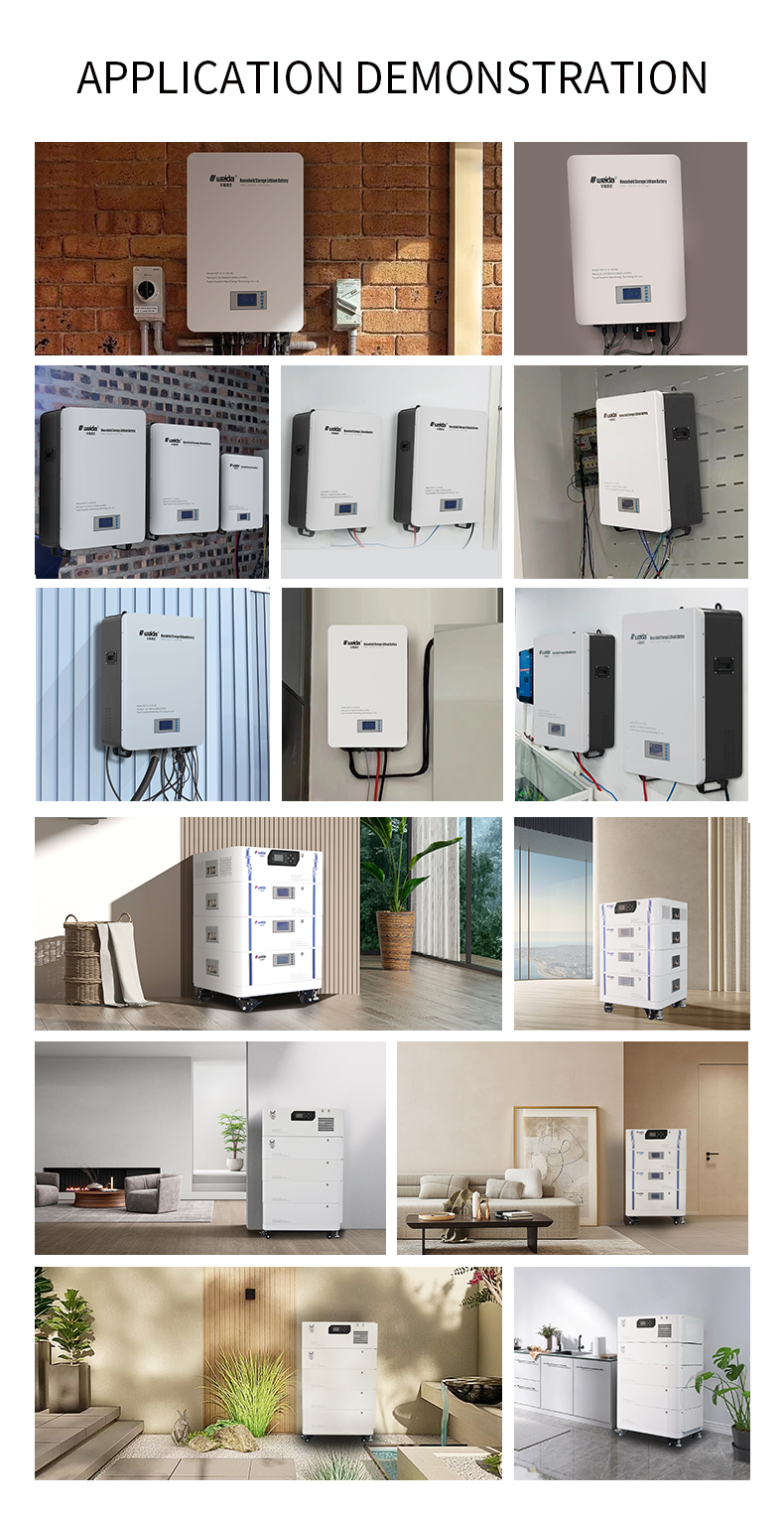
Power outages and other disruptions can damage your home appliances and equipment, including entertainment, communication, and security systems, among others.
However, when grid power is unavailable or expensive, a home standby battery can power your entire home by storing enough energy.
Home backup batteries can provide power security for your home and help your family cope with power outages or other electric

